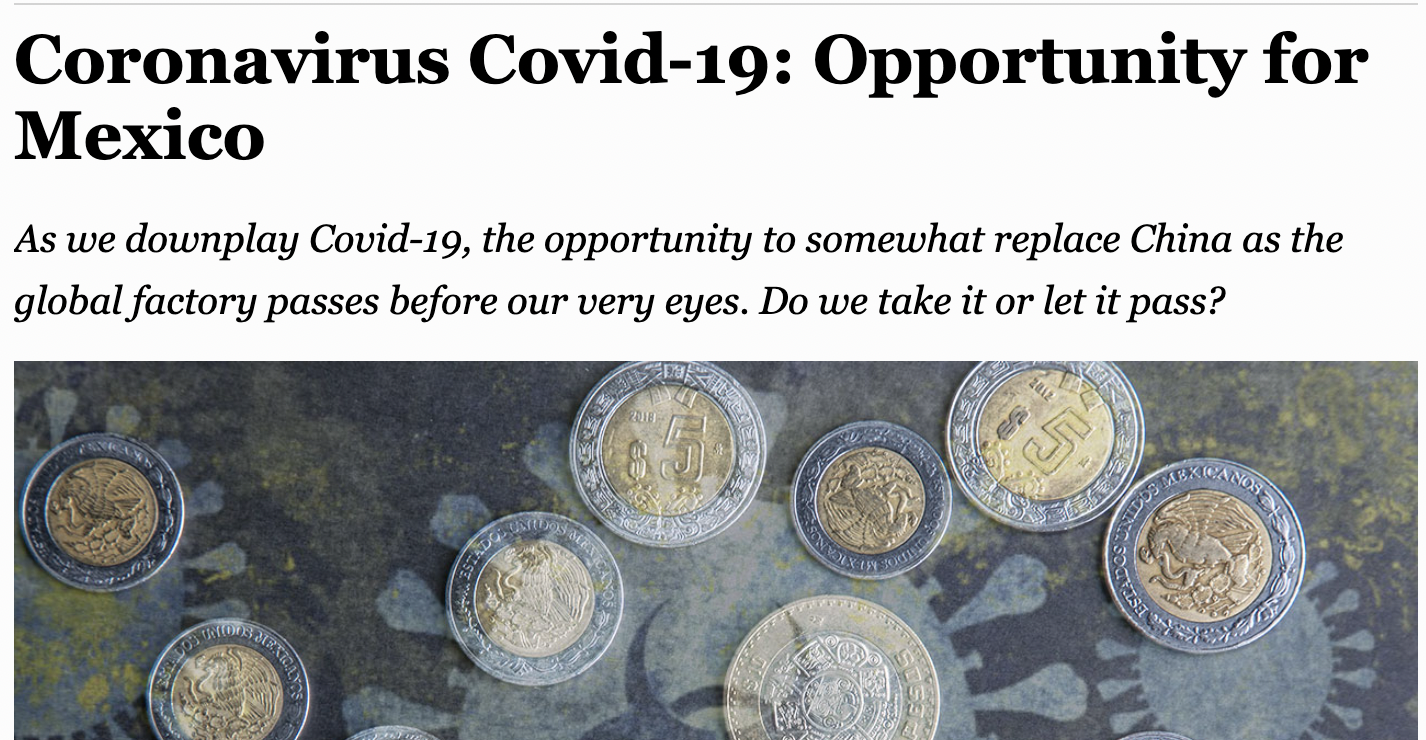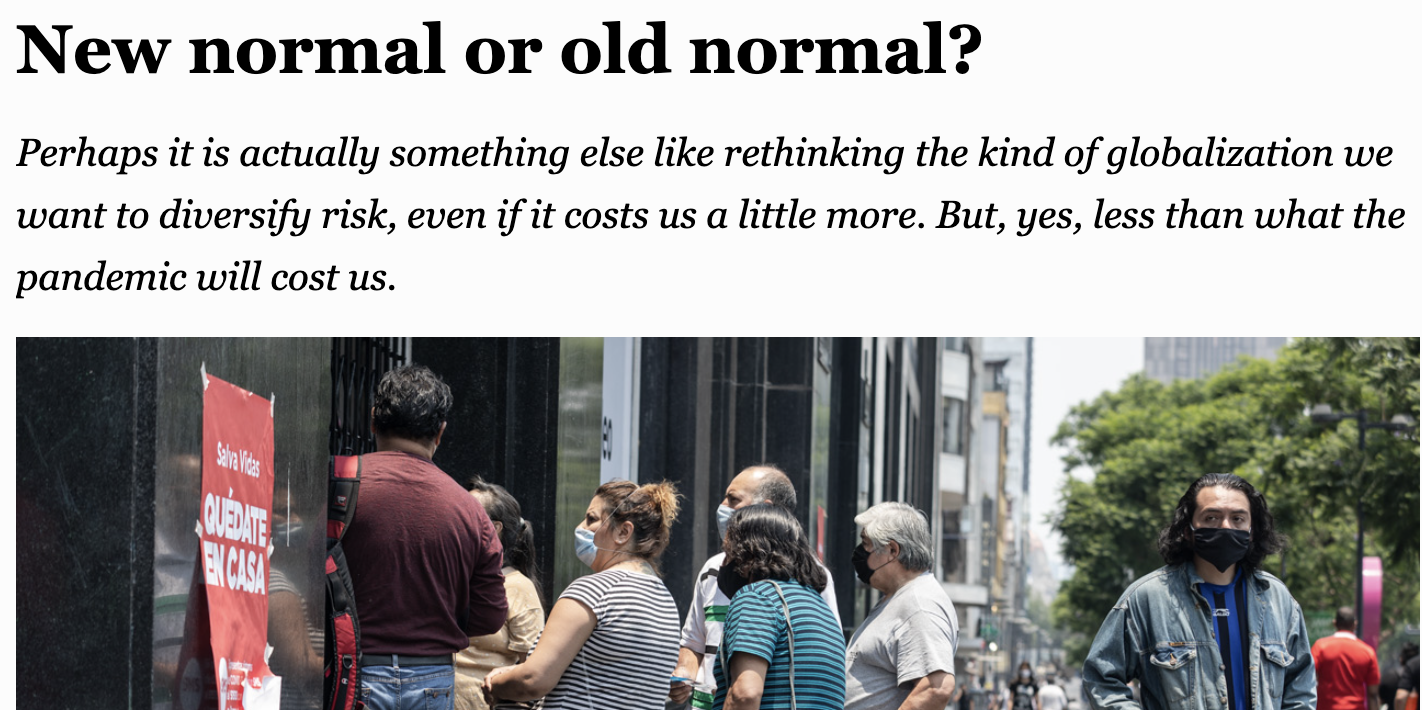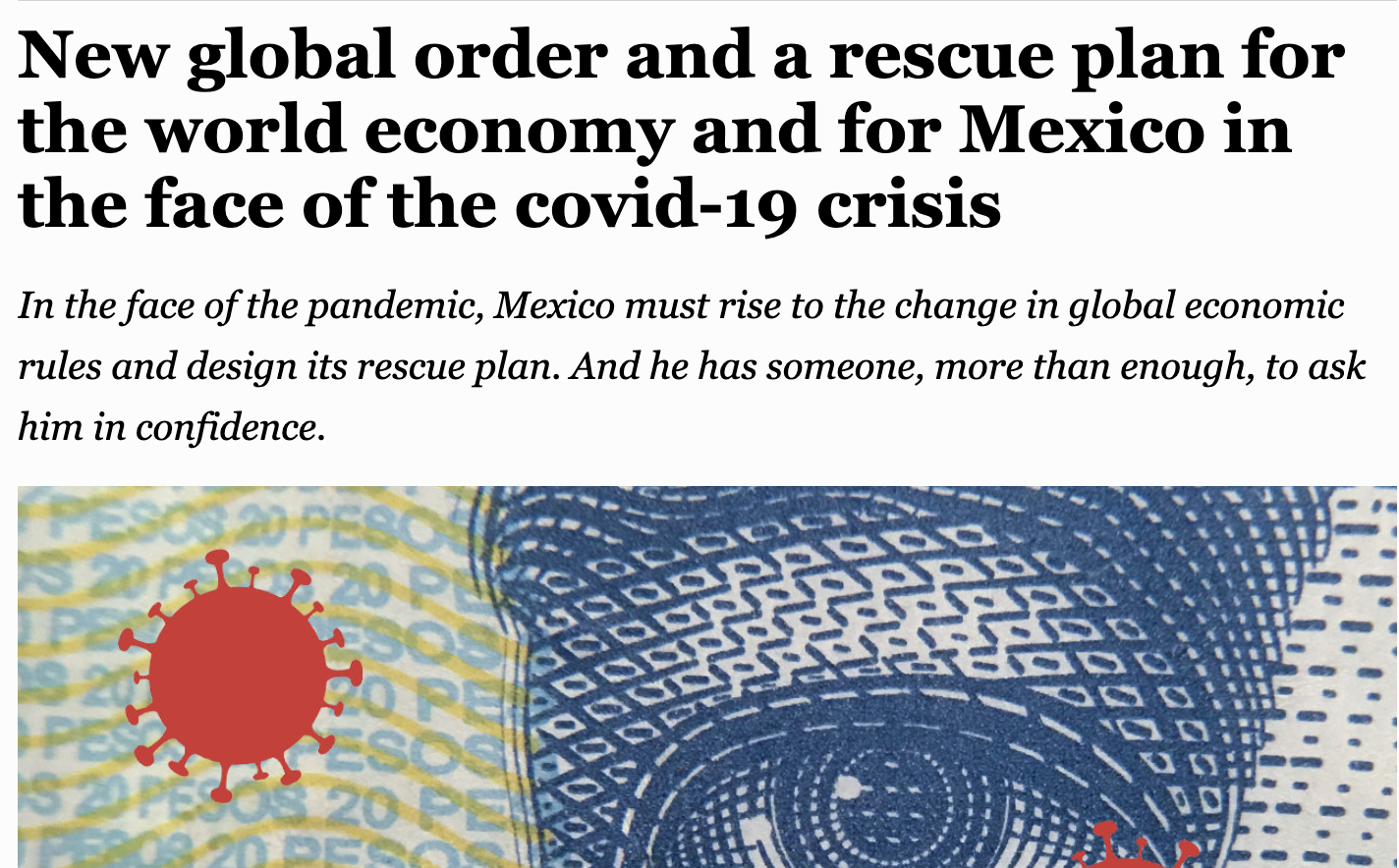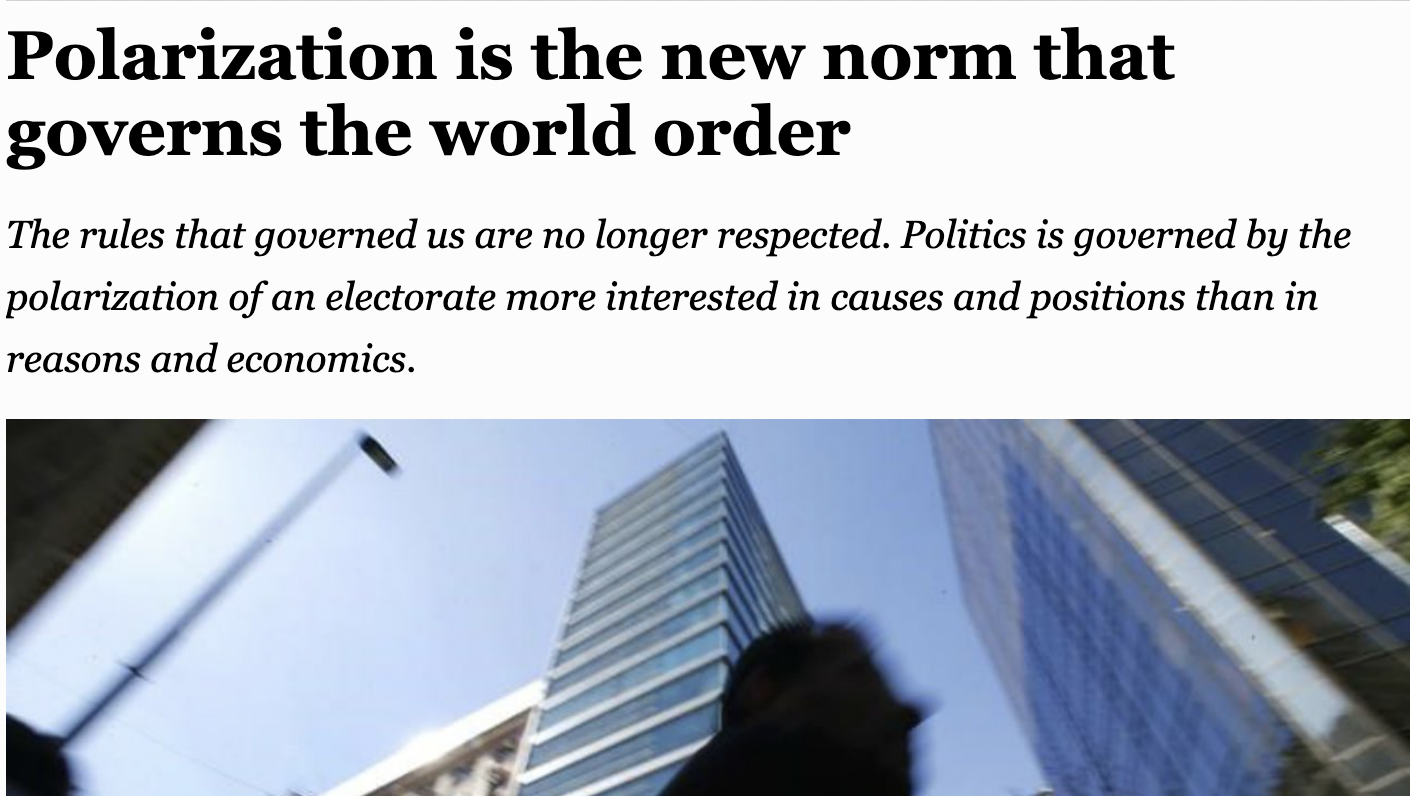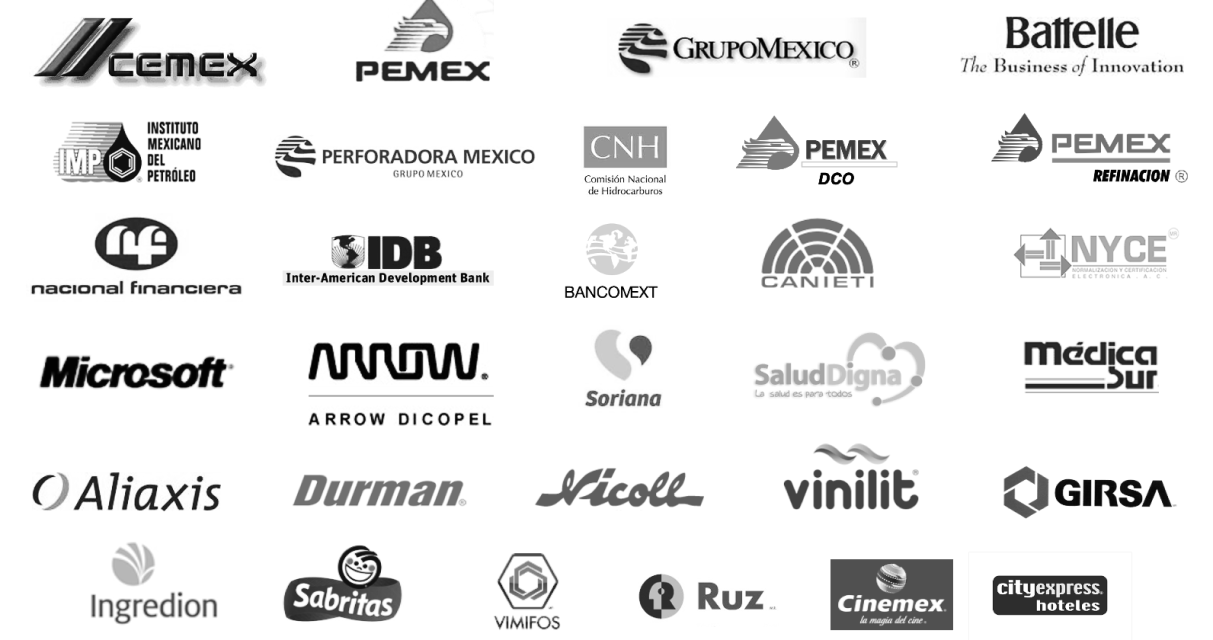Read our latest article
Inflation is a “general and sustained increase in the prices of all goods and services” according to the classical economic definition caused by an expansion in the money supply. Changes in relative prices are not inflation. Inflation was caused by stimulus packages financed by monetary expansion in support of an expansionary fiscal policy. The only way to address this is through a restrictive monetary policy with a recessive impact on the global economy. Even though inflation is a monetary phenomenon, relative price increases (such as O&G) are supply and demand driven and uncorrelated to the money supply. Currently, worldwide, we are facing both: inflation and relative price increases (O&G), making the sweet spot more difficult for central banks. A good Pricing needs strategy needs to distinguish and consider both. Read More
